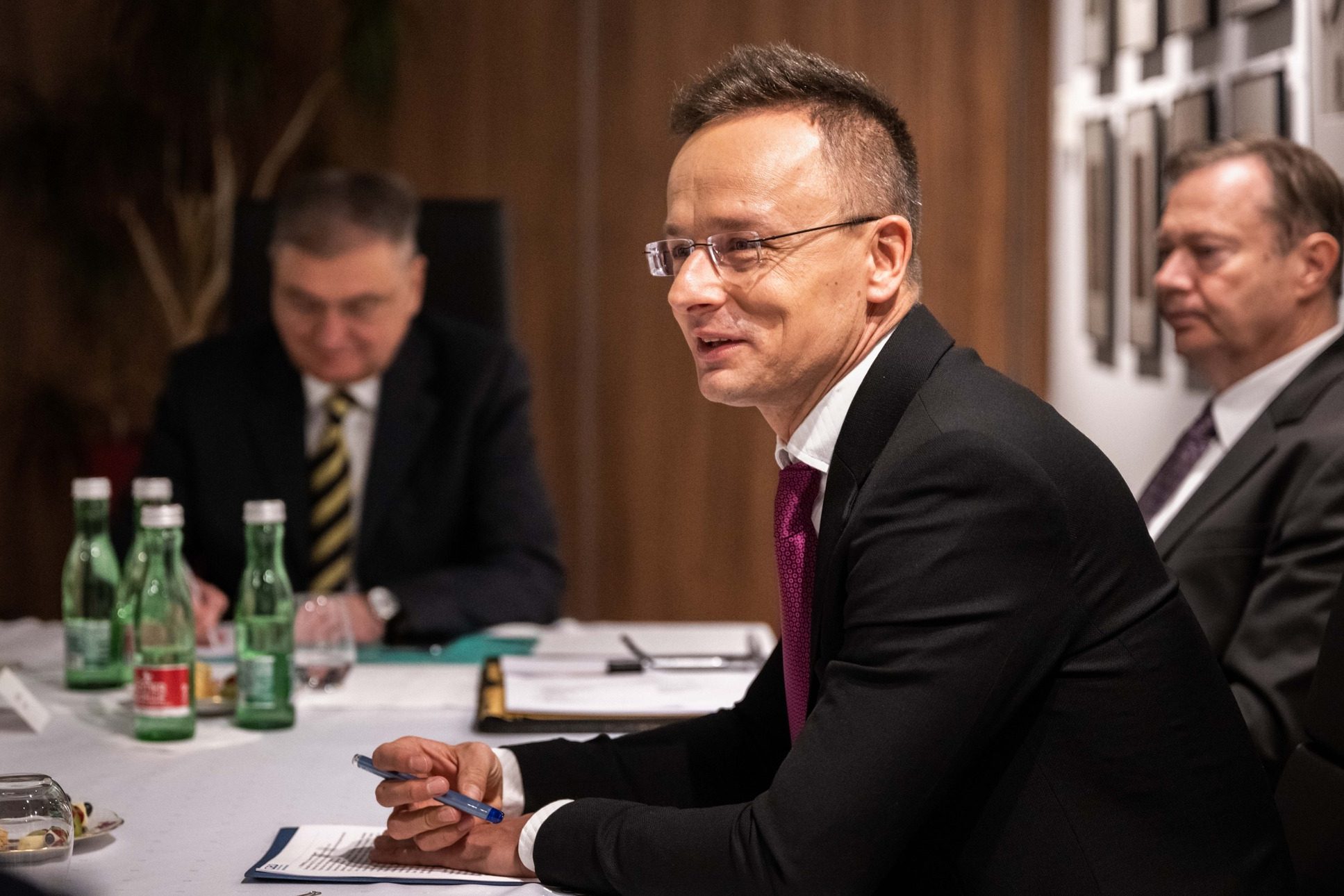Prime Minister Viktor Orbán held an end-of-year press conference on Wednesday. Before answering questions from Hungarian and foreign journalists, the prime minister assessed the year and spoke about the challenges facing Hungary.
Regarding 2022, Orbán said that Hungary performed exceptionally well in the most difficult year of the past 30 years.
He summarized the country’s achievements this year in six points.
- The parliamentary elections in April – in which Fidesz won a two-thirds majority for the fourth time – were a real fight for freedom, and that Hungary’s independence and sovereignty had to be defended. He stressed that some three million voters supported Fidesz, while the united opposition received nearly three billion forints in support from the US Action for Democracy Foundation.
- Hungary had managed to stay out of the war, the Prime Minister stressed. According to Orbán, the war has so far only had losers, and the European economy has also lost out, as it is paying the price for sanctions. The Hungarian position is an immediate ceasefire, and peace negotiations.
- The country will continue to defend itself against illegal migration. The Prime Minister pointed out that the country is under pressure from two directions: illegal migration on the southern border, and millions of refugees from Ukraine.
- Hungary was able to finance the increased energy prices, he said.
- The country has managed to maintain a labor-based economy: “never before have so many people worked in Hungary as this year.”
- The government has managed to reach an agreement with the European Commission on EU funds, Orbán stressed.
In 2023, according to the prime minister, the most important thing will be to keep Hungary out of the war, out of the European recession. The government wants to see inflation shrink to single digits by the end of next year, he added.
According to Orbán, the existence of a sovereign Ukraine is in Hungary’s national interest. Regarding the EU’s aid to Ukraine, he said that Hungary agrees that Ukraine should be helped financially, but thinks that the joint borrowing was a bad idea. Responding to a journalist’s question, the Prime Minister also said that a visit to Kiev is not on the agenda now. He said that the government opposes sanctions in general, because the current sanctions policy is a bad direction, but does not stop the other 26 Member States from implementing sanctions by vetoing them either.
Featured photo via MTI/Koszticsák Szilárd
!function(f,b,e,v,n,t,s)
{if(f.fbq)return;n=f.fbq=function(){n.callMethod?
n.callMethod.apply(n,arguments):n.queue.push(arguments)};
if(!f._fbq)f._fbq=n;n.push=n;n.loaded=!0;n.version=’2.0′;
n.queue=[];t=b.createElement(e);t.async=!0;
t.src=v;s=b.getElementsByTagName(e)[0];
s.parentNode.insertBefore(t,s)}(window,document,’script’,
‘https://connect.facebook.net/en_US/fbevents.js’);
fbq(‘init’, ‘228770251004422’);
fbq(‘track’, ‘PageView’);
(function(d, s, id) {
var js, fjs = d.getElementsByTagName(s)[0];
if (d.getElementById(id)) return;
js = d.createElement(s); js.id = id;
js.src=”https://connect.facebook.net/en_US/sdk.js#xfbml=1&version=v2.12″;
fjs.parentNode.insertBefore(js, fjs);
}(document, ‘script’, ‘facebook-jssdk’));

Leave a Reply